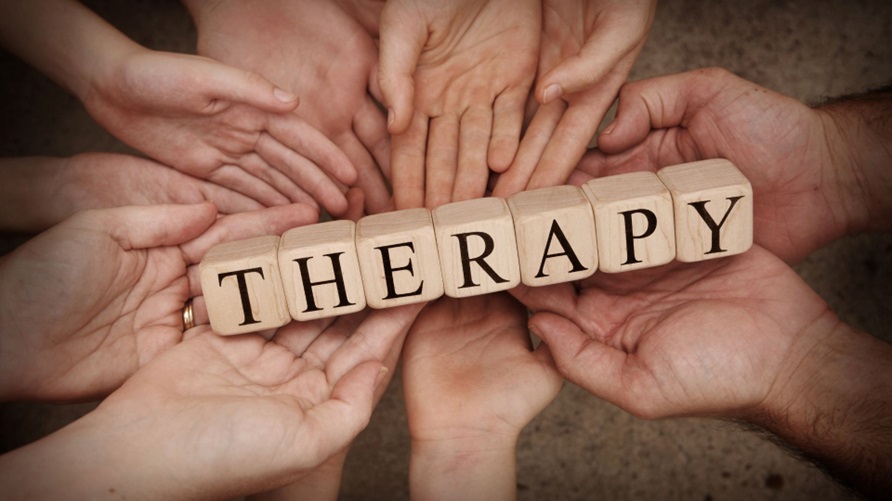When it comes to treating depression, various methods are available – from psychotherapy and antidepressants to alternative approaches like acupuncture and yoga. However, not everyone responds to these treatments. For individuals in search of measures beyond conventional methods, TMS therapy has emerged as a viable option. In this article, we will explore the fundamentals of TMS therapy and how it functions to help those with depression find relief.
What Is TMS Therapy?
TMS, or Transcranial Magnetic Stimulation, is a non-invasive, FDA-approved treatment for depression. It utilizes magnetic pulses to stimulate the brain’s nerve cells, specifically targeting the areas associated with mood regulation. TMS therapy is commonly prescribed for patients who have not experienced relief from traditional treatments like psychotherapy and medications.
How Does TMS Work?
TMS therapy works by applying a magnetic field to specific brain regions involved in mood control. During a session, an insulated coil, also known as the TMS device, is placed on the patient’s scalp. This coil generates brief, concentrated magnetic pulses that travel through the skull and into the brain. These magnetic fields stimulate nerve cells, increasing their activity and helping to improve mood in individuals experiencing depression.
What to Expect During a TMS Session?
The TMS procedure is generally well-tolerated and performed in an outpatient setting with no need for anesthesia. The procedure may cause an initial sensation of tapping or tingling on the scalp; however, this sensation tends to diminish as the treatment progresses.
Patients undergo TMS therapy every few weeks, depending on their unique needs and treatment plan. Most individuals begin to notice improvements in their mood and daily functioning soon.
Benefits of TMS Therapy
One of the most appealing aspects of TMS therapy is its non-invasive nature. This therapy has proven to be an effective treatment option for individuals with treatment-resistant depression, offering hope to those for whom traditional methods have not provided relief. In fact, various clinical trials have demonstrated the efficacy of TMS therapy in reducing depressive symptoms and improving the overall quality of life.
Furthermore, by using magnetic pulses to target specific areas of the brain, TMS therapy avoids the systemic side effects commonly associated with antidepressant medications, such as weight gain, drowsiness, and sexual dysfunction.
If you’re interested in alternative depression treatments, consider ketamine treatment in Annapolis and decide if it might be another option worth exploring. As always, consult with a mental health professional to help you decide the most appropriate course of action for your specific needs.
To Conclude
TMS therapy is a promising option for individuals seeking relief from treatment-resistant depression. By targeting areas of the brain associated with mood control, it offers an alternative to traditional treatments like psychotherapy and antidepressant medications. So if you’ve been searching for relief from mood swings, TMS for depression in Annapolis may be the right choice for you. Contact your healthcare provider and find out if this innovative treatment could work for you.



Comments